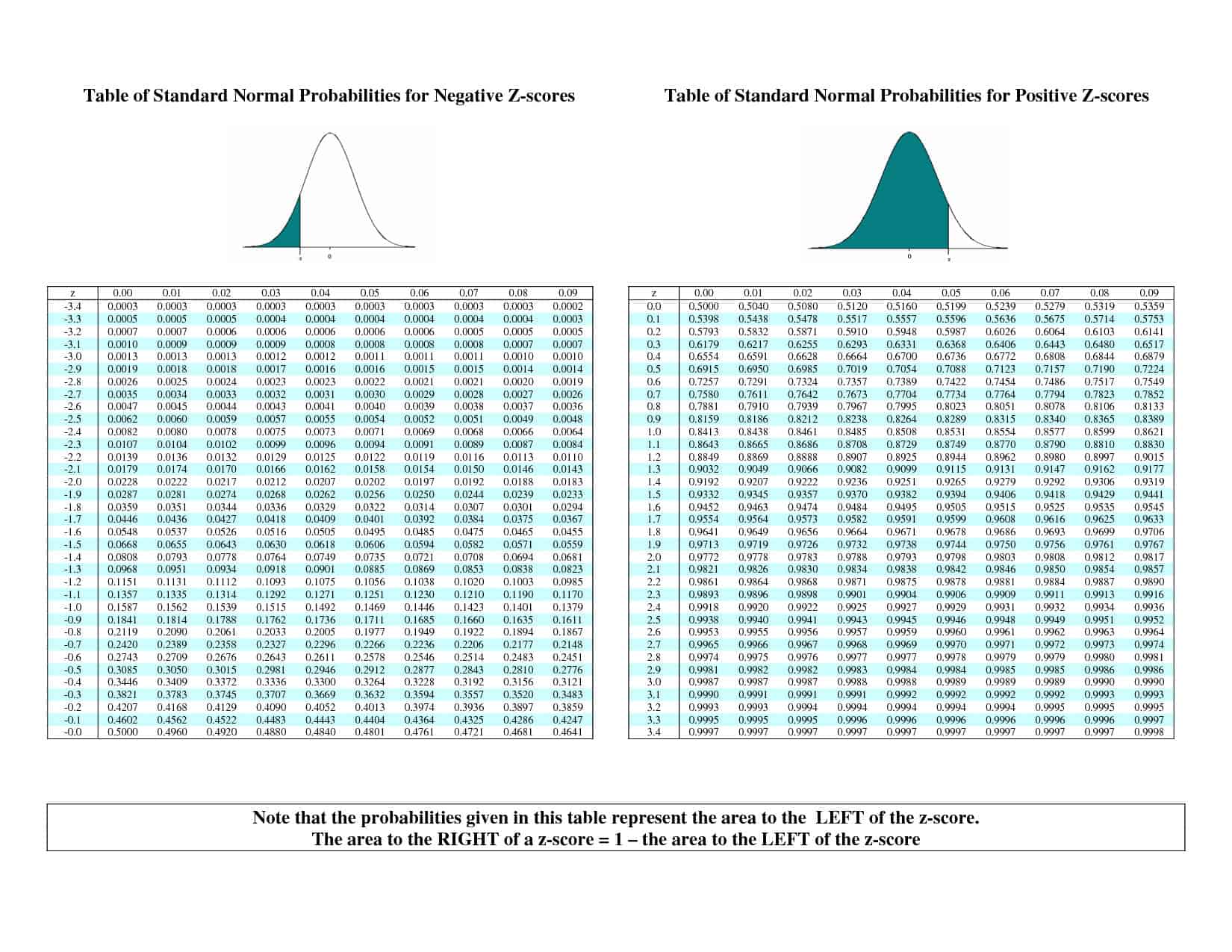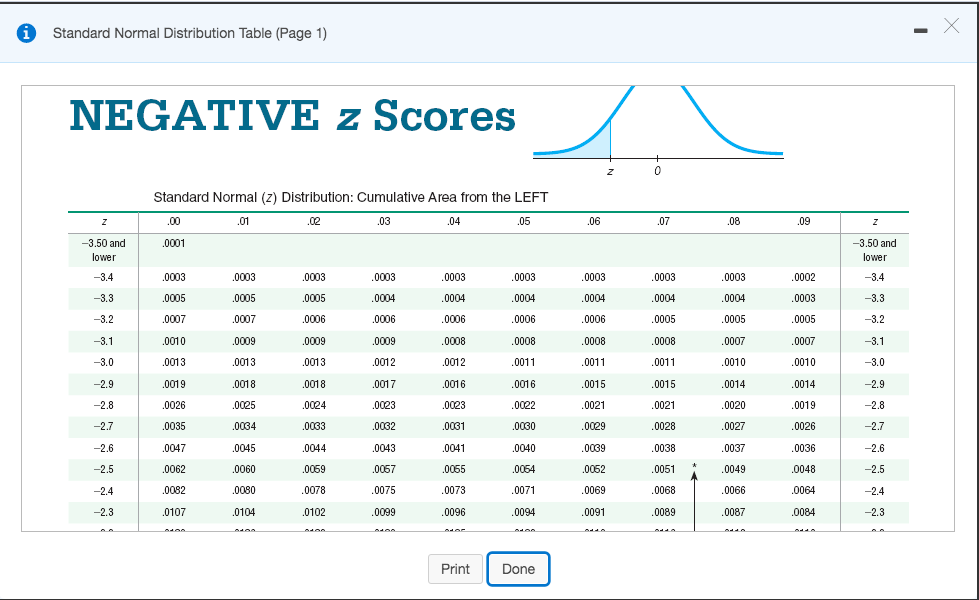


Minimum and maximum scores, because in some tasks lower scores indicate better performance,Īnd in other tasks, higher scores indicate better performance, and because some tasks yield Simple addition or averaging is not possible for cognitive tasks becauseĭifferent tasks have different everyday importance, because different tasks have different Simple addition or averaging of marks is possible because all subjects are treated equally,Īll subjects are marked from 0 to 100, and all subjects have higher marks indicating better Math, geography, and history marks to get a single composite score in school examinations. In some circumstances for example, one may reasonably add or average language, science, One way to get an overall perspective is to create a composite score. The results reaching statistical significance for any task again, what should the overall Patients in one group may perform better than patients in the other group in all tasks without Relative to patients in the other group so, what should the overall conclusion be? Or, 1 Or, patients in one group may perform better in some tasks and worse in other tasks Tests, one for each cognitive task, increases the risk of a Type 1 (false positive) error. For example, performing five separate statistical Statistical tests to compare CR and TV groups, task by task however, there are several Whether CR improves cognitive task scores more than TV does. I administer fiveĬognitive tasks at the study baseline and, again, at the study endpoint. Remediation (CR) or television viewing (TV) thrice weekly for three months.

In a hypothetical study, I randomize schizophrenia patients to computer-based cognitive


 0 kommentar(er)
0 kommentar(er)
